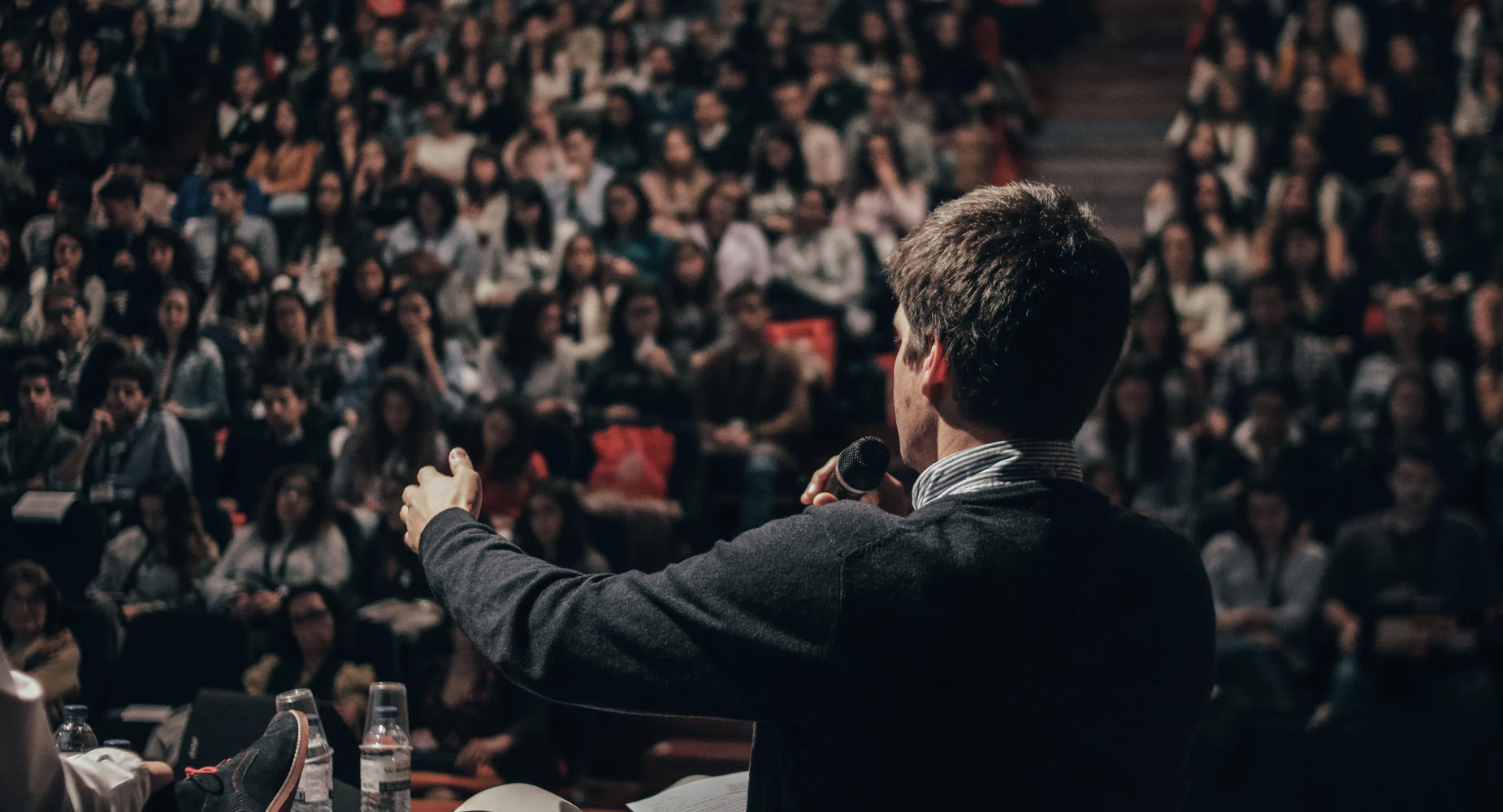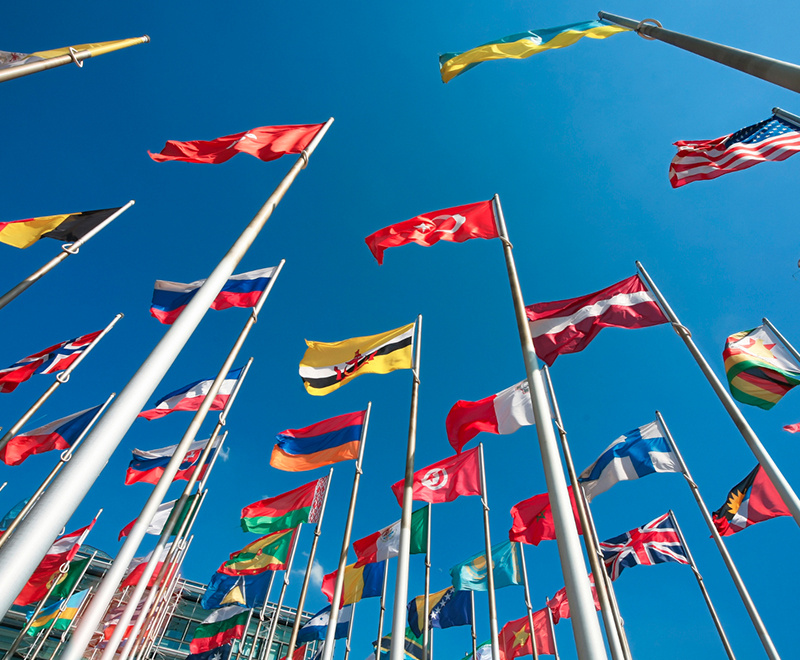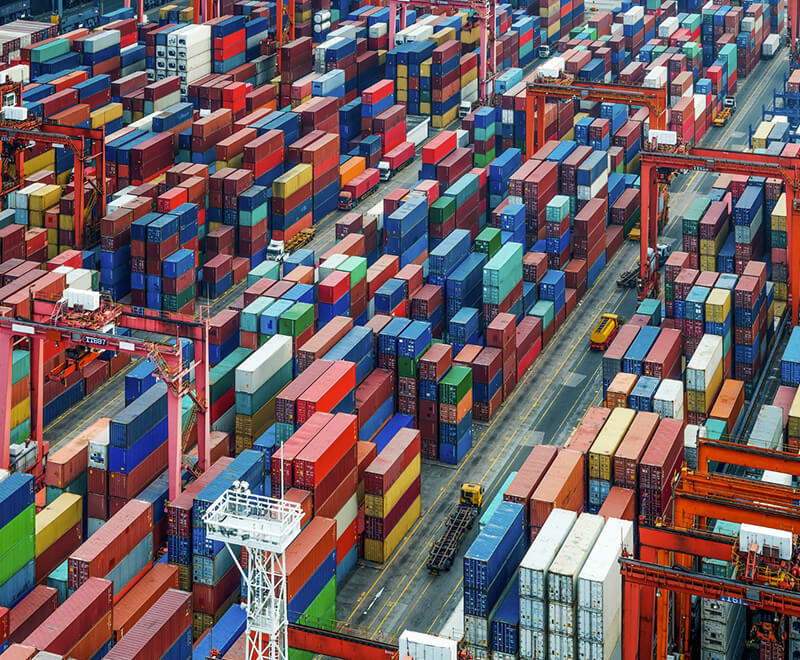In the week which saw the Prime Minister challenge Labour Leader Jeremy Corbyn to a TV Brexit battle, Alice Hawken asks: does anybody care?
An odd pair, feeling nervous, probably slightly nauseous and under pressure to win public approval. You would be forgiven for thinking you were tuning in to a Strictly Come Dancing “dance off” or worse still an I’m A Celebrity “Bushtucker Trial”…and you wouldn’t be far off. After much speculation it has been confirmed that the BBC has won “the battle of the broadcasters” and will host a live televised Brexit debate.
This is bad news for fans of David Attenborough’s Dynasties – the finale of which may be bumped from its primetime Sunday night slot so that the Prime Minister and Labour Leader can battle it out over Brexit. Cue outrage.
The prospect of a live televised debate sparked a heated discussion in the Pagefield office. Primarily, it raised questions about what role televised debates play in a non-Presidential system – and more importantly, what impact they have on the electorate.
A snap poll of the office revealed that an overwhelming majority of the team felt that debates were a good thing for democracy: a positive way to “energise and engage” the electorate which deserves leaders that are able to “speak and debate well and hold their own against their political opponents.” But there was division in the ranks – “too presidential” one colleague said, “the more politicians are kept off the telly, the better” another added.
These are not new arguments by any means. The UK has only held televised debates in earnest once, during the 2010 General Election, when Sky News, spearheaded by broadcaster Adam Boulton and Head of Sky News John Ryley, finally managed to convince all three main party leaders to take part in the Leaders Debates. Critics described the move as a symbol of the Americanisation of UK politics, accusing the debates of creating an extraordinarily leader focused contest.
There is truth in this. The debates certainly did wonders for Liberal Democrat Leader, Nick Clegg, who was propelled into the public consciousness almost overnight. But it cannot be ignored that the debates averaged 10.3m viewers – almost 40% of the TV audience – and voter turnout was up 4% than in the previous election. Statistics that broadcasters were quick to swoop on as proof of their democratic purpose.
But in the eight years since the last full-blown debates the political landscape has shifted dramatically. In 2010, an EU referendum was only whispered about, and Jeremy Corybn was still a backbencher.
A Brexit debate is fundamentally different to a Leaders debate. We are not in the full swing of a general election (yet!) and as we know, Brexit cuts straight across party lines. But they will incur the same criticism – accusations of “sound bite politics” and distilled messaging. Others have warned of Brexit fatigue, which was summed up by a colleague who asked, “does anybody actually care?”.
The answer to that question is simple. Yes, they do. Over 100,000 people have signed Sky News’ #MakeDebatesHappen campaign to ensure debates take place during general elections. Sky News say that their campaign has been “turbocharged” with signatures from the public since the Prime Minister challenged Corbyn to the Brexit debate – pushing them over the 100,000 mark.
The numbers speak for themselves. Just the prospect of televised debates has rallied the public and focussed the debate, making arguments of “presidential politics” feel stale. The public are clamouring for accountability from both the Prime Minister and her opposite number in a crucial time for our country so surely a public debate can only be a good thing? I think so.
The truth is we will have to wait and see. The viewing figures will tell the real story. Presidential or not – perhaps all the public is craving is some straight talking….followed by a dose of another kind of reality TV.




